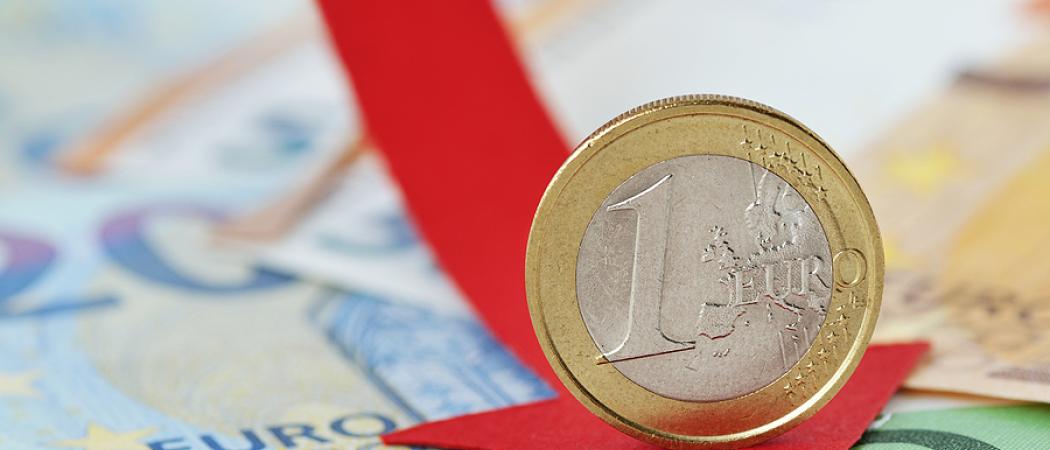Decrease is blamed on COVID-19, but 2021 scoreboard underlines Europe’s need to invest more on new technologies to catch up with the US and China, which both boosted R&D spending during the first year of pandemic

The COVID-19 pandemic has delivered a significant blow to EU R&D investment growth, according to data published in the 2021 edition of European Commission’s industrial R&D scoreboard.
For the first time in 10 years, EU companies cut their overall investment in R&D, which fell by 2.2%, as the pandemic led to cuts in automotive, aerospace and defence research. Companies in the US and China increased R&D investment by 9.1% and 18.1%, respectively, with money going to health and ICT services and products.
While the drop in EU investment is blamed on the pandemic, in the rest of the world investment in R&D continued to grow significantly in 2020, the 11th consecutive year that investment has increased. Companies analysed in the Commission’s report invested €908.9 billion in R&D, 6% more than in 2019.
The Commission collects the scoreboard data from public records on 2,500 parent companies and 800,000 subsidiaries based in 39 countries, accounting for 90% of the world’s corporate-funded R&D. In 2020, each of these companies invested at least €36.5 million in R&D.
In the 2019 edition of the report, published just before COVID-19 began to spread across the world, European companies reported rising R&D spending for the ninth consecutive year. But even before the pandemic, the increase was a pallid 4.7%, and most of the global R&D growth was driven by companies in China and the US, which raised their research expenditures by 26.7% and 10.3% respectively.
EU research commissioner Mariya Gabriel said the EU and member states need to raise their investments in green technologies, new ICT services and products, and deep tech innovations. “The EU's industrial R&D investment scoreboard shows clearly where we need to boost our efforts,” she said.
Investments are increasingly concentrated in ICT products and services, health, and car manufacturing, which accounting for 77.4% of global R&D.
EU-based companies increased investments in R&D in health and ICT by 10.3% and 7.2% respectively, but at a slower pace than firms in the US and China.
Volkswagen is the only EU-based company ranked among the world’s top ten private R&D investors, coming in seventh. The German carmaker and the Swiss pharmaceutical giant Roche are the only two European companies in the top ten.
The table of the world’s ten most R&D intensive companies hasn’t changed that much over the years, but the Chinese telecoms giant Huawei has been moving up the ladder, and comes in second in 2020, after Alphabet, the parent company of Google.
Huawei is by far the largest R&D investor in China, accounting for 12.3% of R&D investments in the Chinese sample. The tech giant also received $75 billion in government aid and invests heavily in its European R&D centres. However, the US and many EU member states have banned the use of Huawei technologies in their IT infrastructures, fearing the risk of spying by the Chinese government.
Global tech race
The report concludes that sharp raises in R&D investments in US and China have intensified the global tech race.
In 2011, the EU invested more than China in all the four major R&D sectors, but in 2020, Chinese ICT companies invested almost twice as much as their EU counterparts. However, the EU increased its lead in health and automotive R&D.
In the health sector, EU-based pharmaceutical and biotechnology companies continue to invest less than their US counterparts.
The report suggests the EU should boost investment in car manufacturing R&D, particularly in new technologies that would help speed up the transition to electric vehicles. It also calls for further investment in biotechnology and the development of the new drugs.





 A unique international forum for public research organisations and companies to connect their external engagement with strategic interests around their R&D system.
A unique international forum for public research organisations and companies to connect their external engagement with strategic interests around their R&D system.